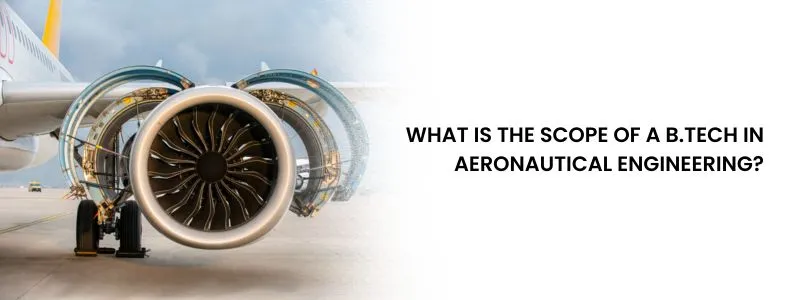
Aeronautical Engineering is one of the several exciting and wonderful fields in engineering. If you have always found interest fascinating in flight, space exploration, and state-of-the-art technology, you need to opt for B.Tech in Aeronautical Engineering, which could be your preferred choice. This degree has a considerable scope today, owing to the advancements in aviation technology and the increasing use of skilled engineers. Thus, Aeronautical Engineering has many prospects and vast employment opportunities.
In this blog post, discuss the topic of scope after a B.Tech in Aeronautical Engineering, including various aspects such as job opportunities, career growth over time, and so forth, as to why this branch has been among the most preferred in an engineer's career.
This undergraduate program focuses on design in aeronautics as a branch and on developing and maintaining aircraft and spacecraft. The aspiring Aeronautical Engineers are the students exposed to aerodynamics, propulsion system avionics, and material science training. The program comprises theoretical and practical studies, and it is best for someone looking up to such a profession with a passionate interest in flight and aerospace technology.
Aerospace Engineers Research and create sophisticated spacecraft, missiles, satellites, and aeronautical systems such as aircraft and rockets, supervising the production and testing of vehicles for flight into space.
Aircraft Maintenance Engineer: Inspect and do maintenance for optimum performance of aircraft.
Avionics Engineer: Design and maintain electrical systems in aircraft and spacecraft.
Airline Pilot: A graduate degree in Aeronautical Engineering is a good step further in the training required to become a pilot.
Scientist: Graduates from DRDO may, however, get entry into several defence organizations dealing with advanced military aircraft and technology development to be sourced from DRDO and be part of the project's statutory development.
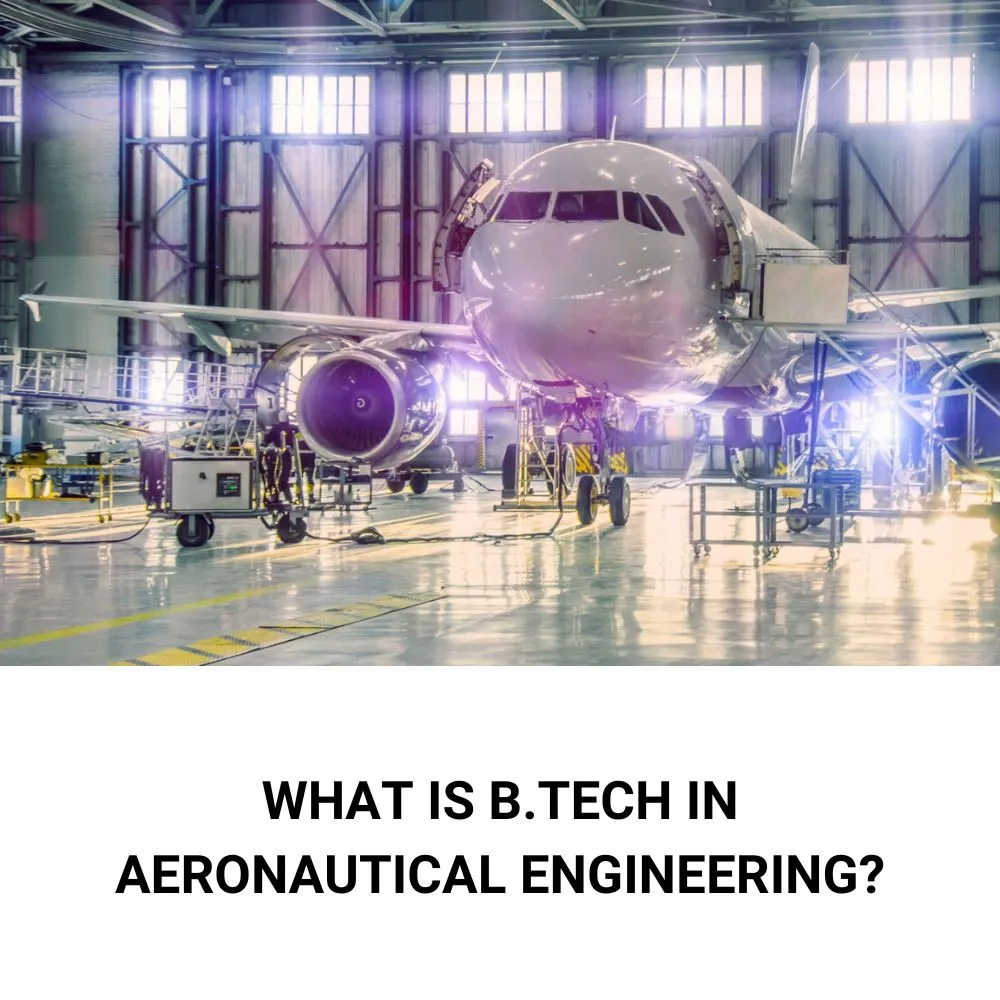
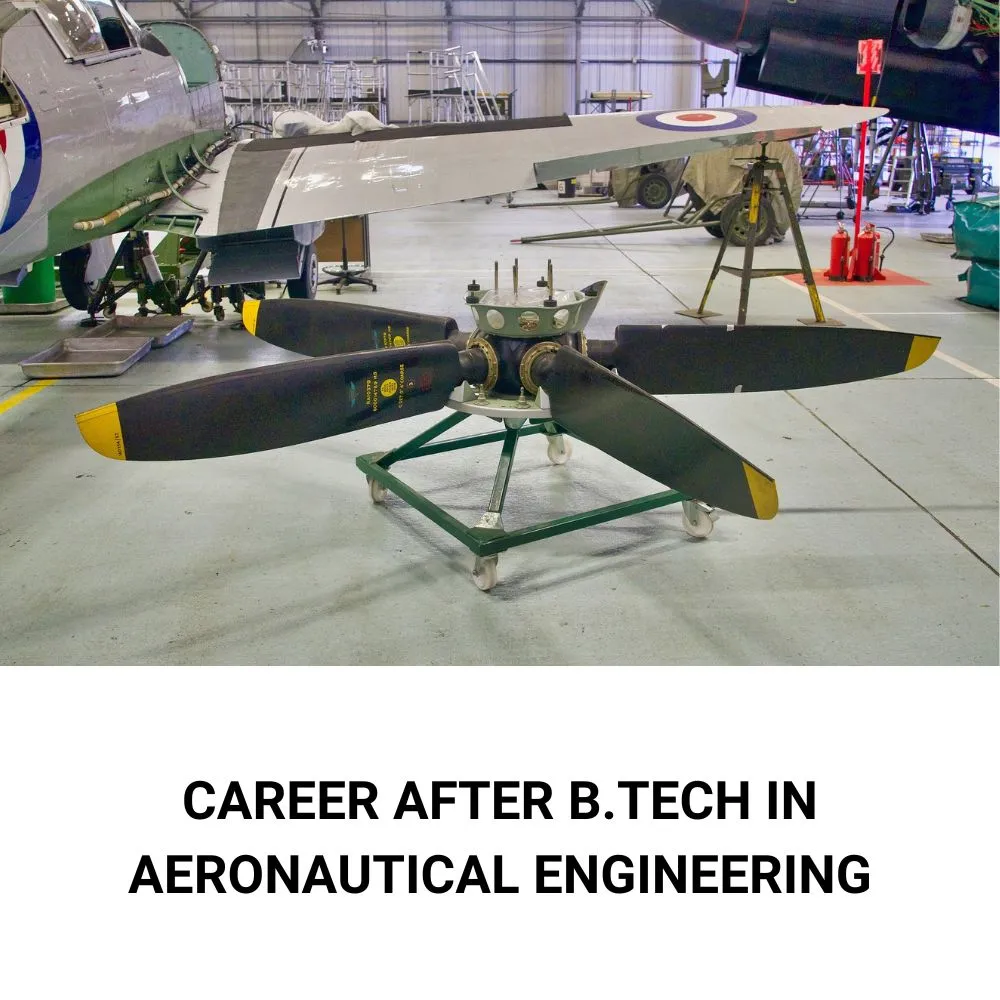
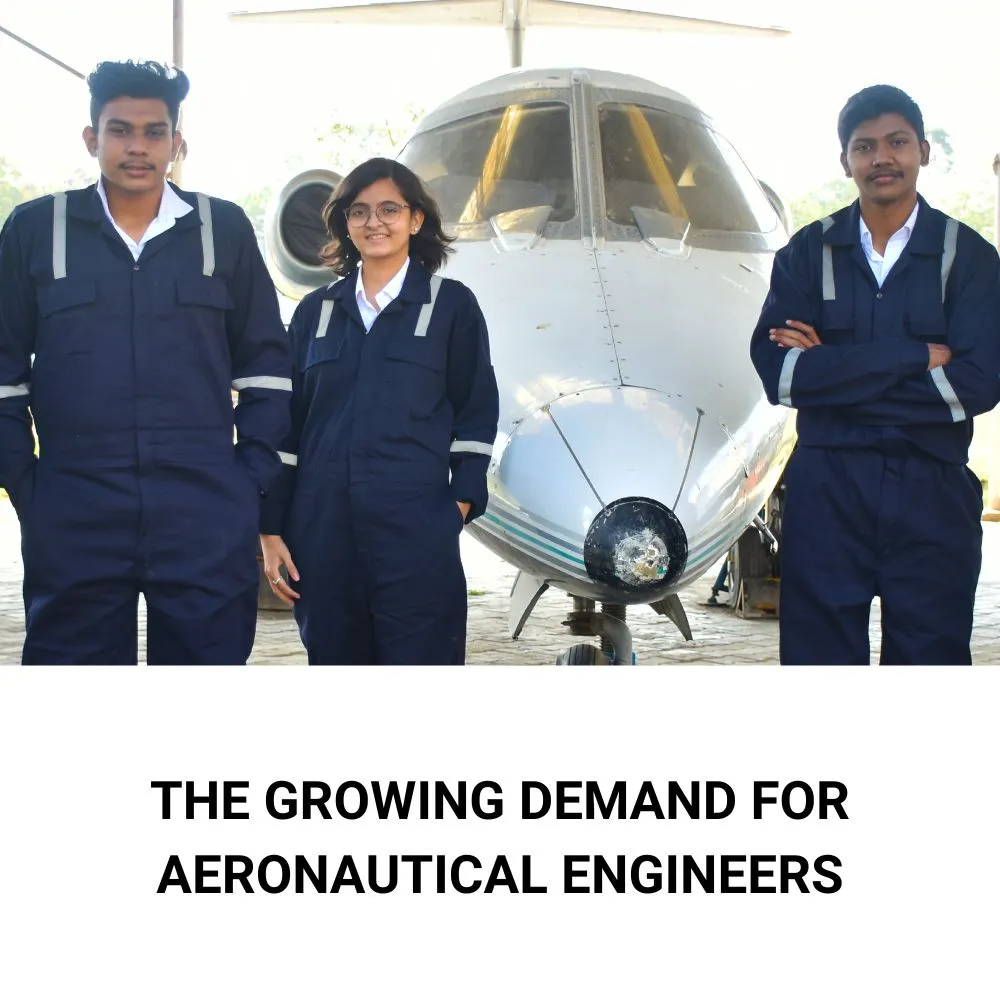
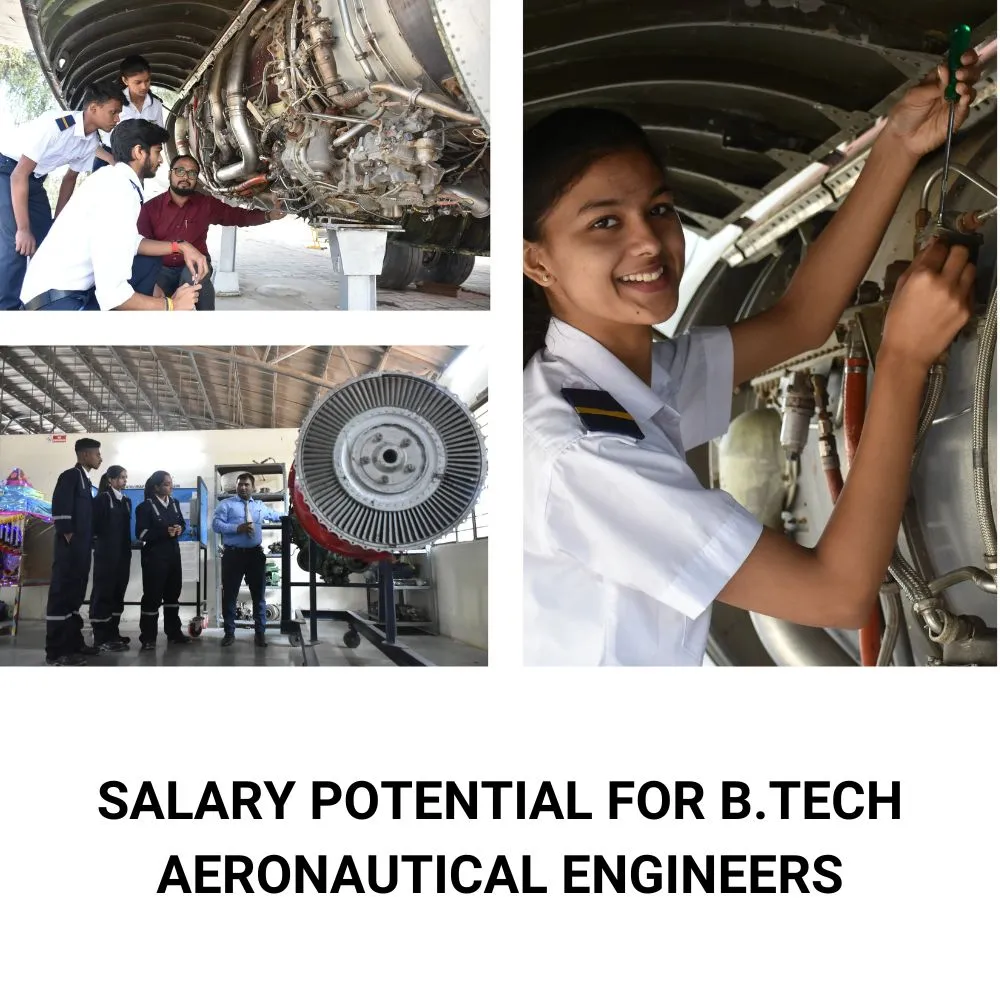
Demand for aeronautical engineers has risen sharply, thanks to the aviation industry. While unmanned aerial vehicles (UAVs) are being developed rapidly and space exploration continues to take root in someone's imagination, commercial air travel continues its inexhaustible evolution, keeping aeronautical engineering as dynamic as ever. Leadership reports in the industry indicate that the growth of the aerospace industry will be evidenced for the next several years, creating thousands of job opportunities for candidates across the globe.
Moreover, recently invented electric and hybrid aircraft and innovations in sustainable aviation technology have opened new avenues for future aeronautical engineers. Engineers in this field will lead the invention of highly effective and environmentally friendly aeroplanes.
Pursuing a B.Tech in Aeronautical Engineering attracts. Most due to the high salary promises it keeps for an aerospace engineer. Freshers starting their careers get remuneration, which grows as they gain more experience and expertise. The wages of the top-tier engineering graduates working for organizations like the National Aeronautics and Space Administration (NASA), Boeing, Airbus, and the Indian Space Research Organisation (ISRO) make them the best-paid professionals in the aerospace industry.
The average salary parity will lie between ₹6-10 lakhs: B.Tech in Aeronautical Engineering will open payscales for freshers joining. How high the salary would go would depend on experience and career ladder climbing.